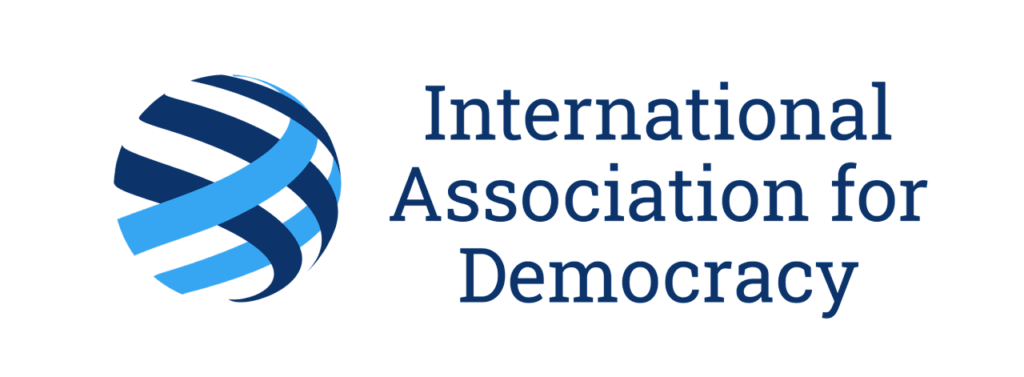Author: Admin
-
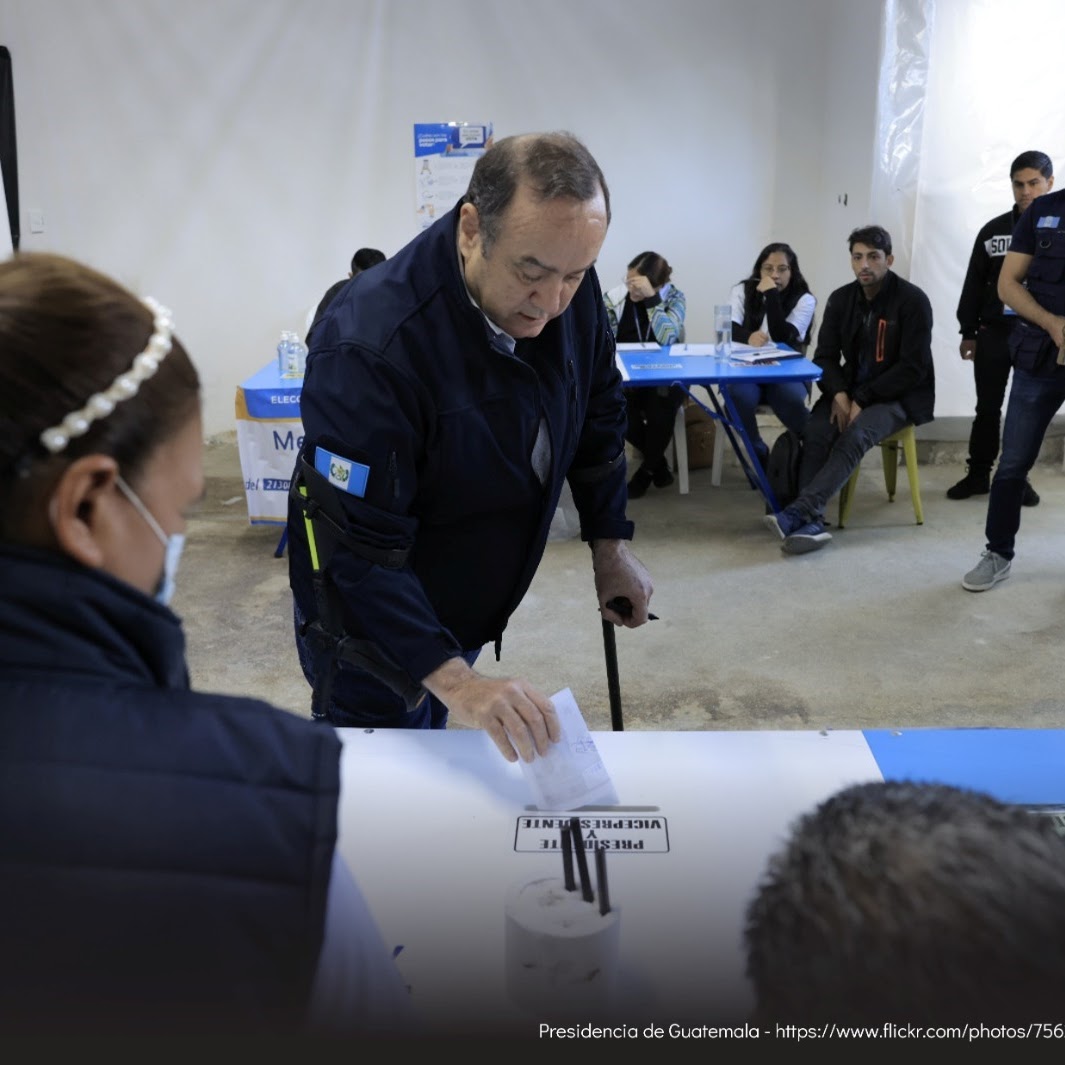
Critical days for democracy in Guatemala (written in Spanish)
Uncertainty, distrust, and corruption are the common denominator when talking about democratic elections in some Latin American countries, writes IAD’s Public Affairs Officer, Mariangel González Rul.
-
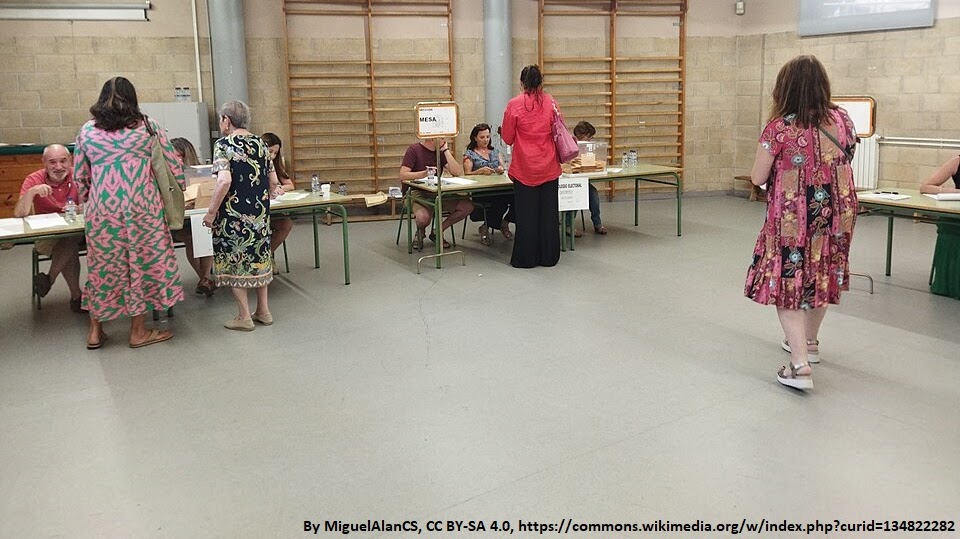
Spanish election vote against democratic backsliding
For now Forming a government in Spain amidst complex negotiations and a polarised political landscape poses a challenging task, with the potential for repeat elections – there is a need for vigilance, as Vox poses a severe threat to Spanish democracy, writes IAD’s Public Affairs Officer, Laura Gaspar.
-
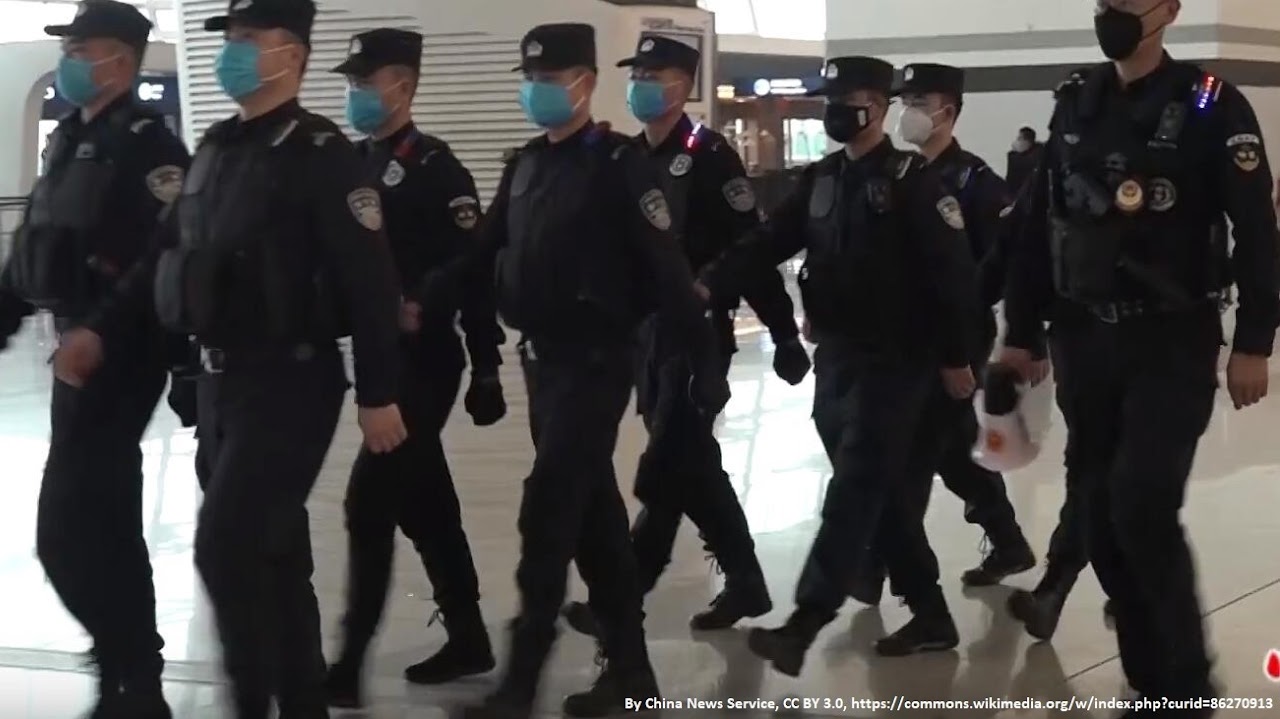
Could the COVID-19 pandemic have been avoided if China were a democracy?
China’s authoritarian regime severely curtails many of the fundamental freedoms which citizens in democracies take for granted. In the two months following the detection of the first case of COVID-19, Chinese Communist Party Officials refused to listen to medical experts, punished those who shared information about the novel virus and censored media coverage. IAD’s Founder…
-
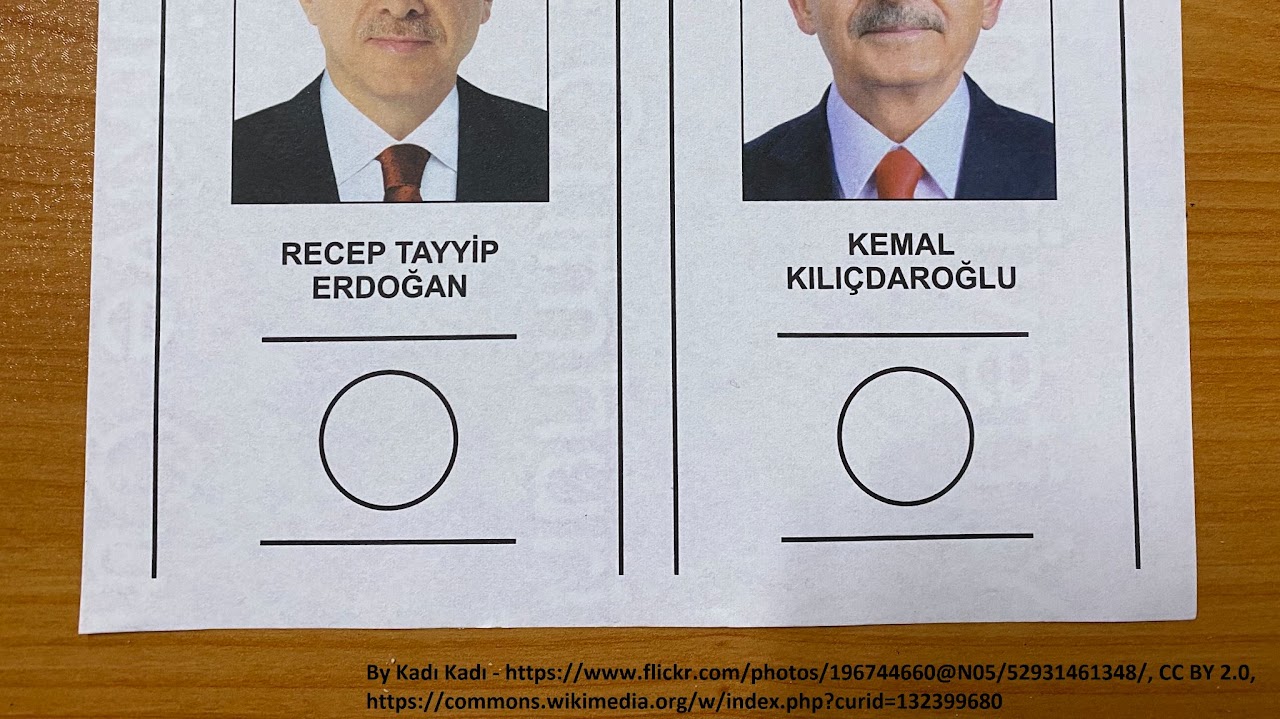
A Choice Between Democracy and Autocracy: Turkey2023 Elections
It is no exaggeration to view the elections in Turkey as one of the most significant in a generation. The long-term future of the country is at stake. Amid polarising government policies, the abolition of the Istanbul Convention, a severely struggling economy with skyrocketing inflation and strained relations with the international community the outcome of…
-
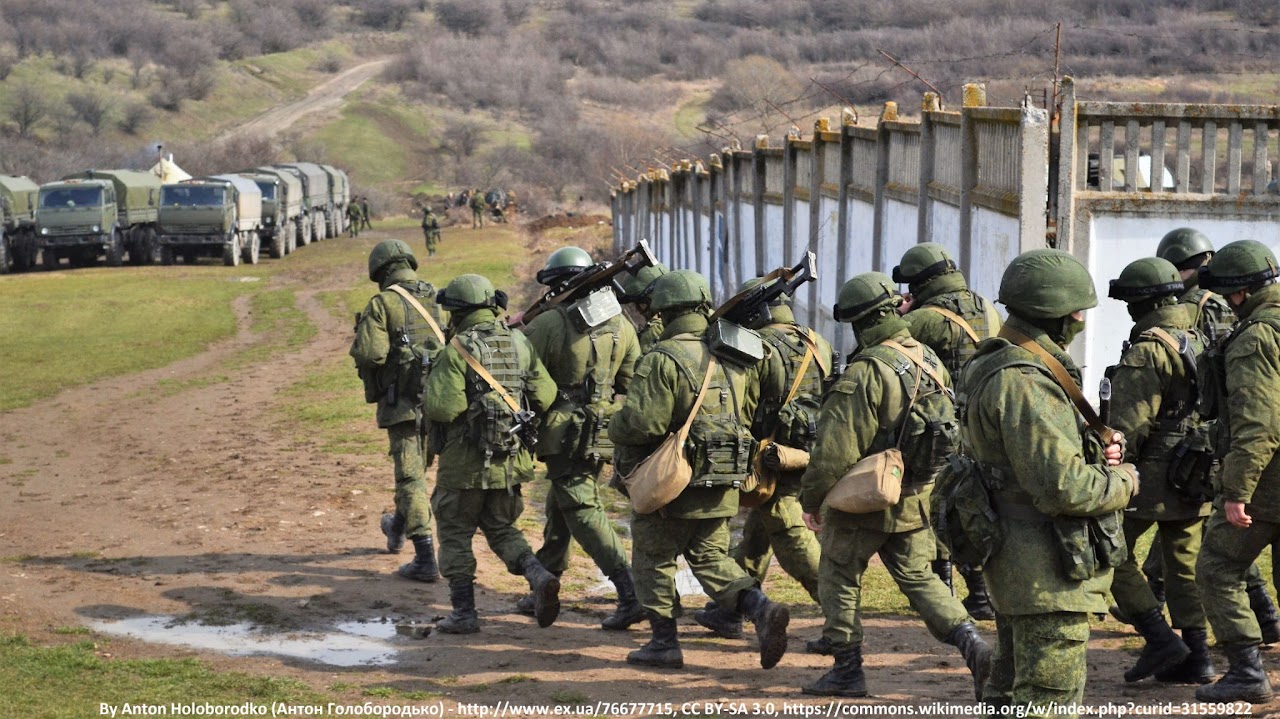
Let’s call it what it is: Russia’s illegal invasion of Ukraine
Many news rooms use the term “war in Ukraine” or “Ukraine war”. But if Russia started the war by invading its peaceful neighbour, why do media outlets not use terms like “Russia’s invasion of Ukraine” instead? And why does it matter how media outlets refer to it? IAD’s Public Affairs Officer Ane Mestvedthagen argues: Let…
-
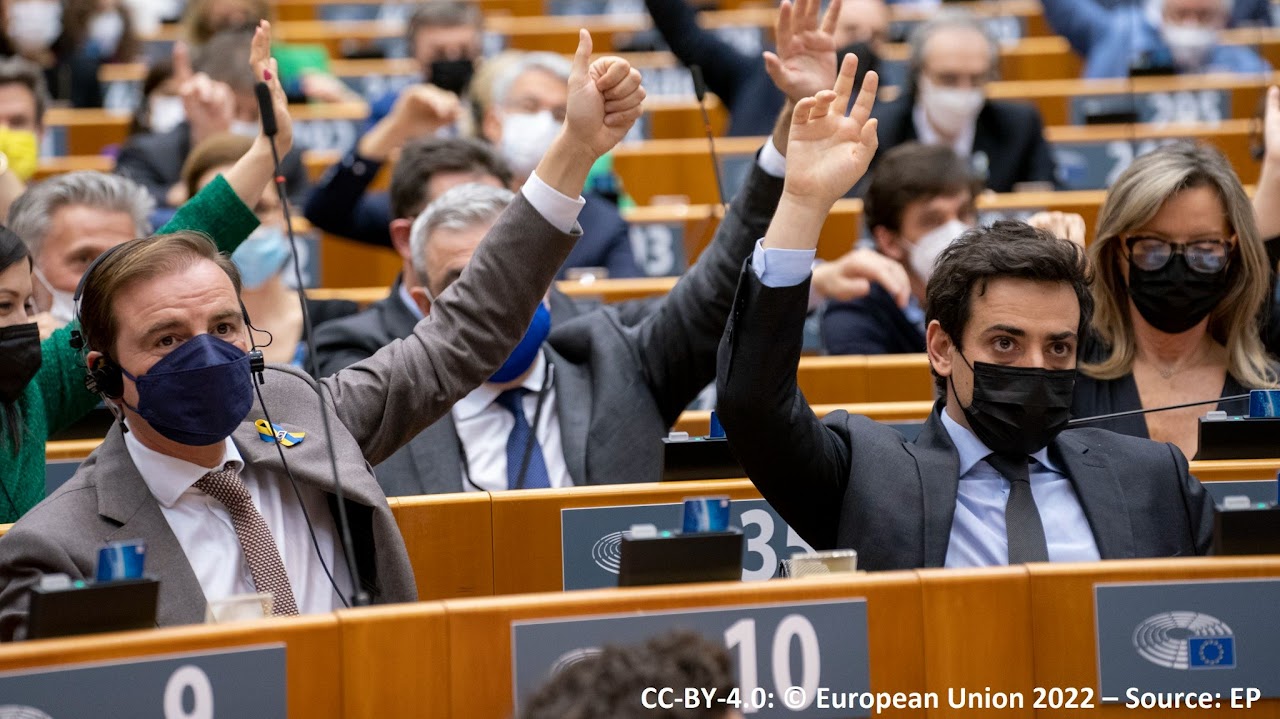
EU Member States must fully comply with EU sanctions on Russia
The International Association for Democracy (IAD) calls on EU Member States to fully comply with EU sanctions packages, without granting exceptions on a case-by-case basis. The unprovoked and unjustified Russian invasion of Ukraine has led to unprecedented losses in Ukraine, and any further exception from existing rules can lead to further losses, including human lives. The…
-
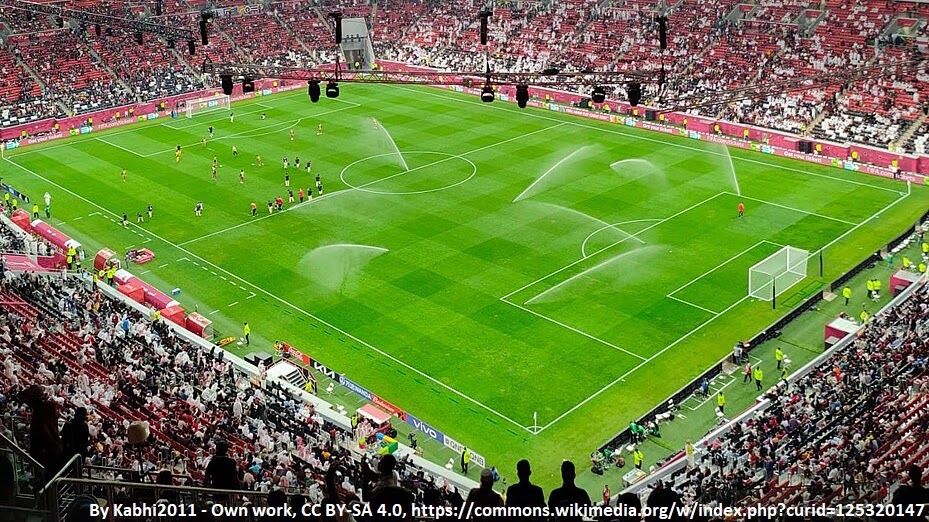
Western capital, celebrities and officials are complicit in sportswashing Qatar’s dictatorship
Qatar has used the World Cup to stifle criticism of its authoritarian monarchy, with the help of Western investors and public figures – a boycott is the only ethical option. On November 20 the World Cup in Qatar will begin, in a display of political and economic soft power, and a demonstration of the country’s…
-
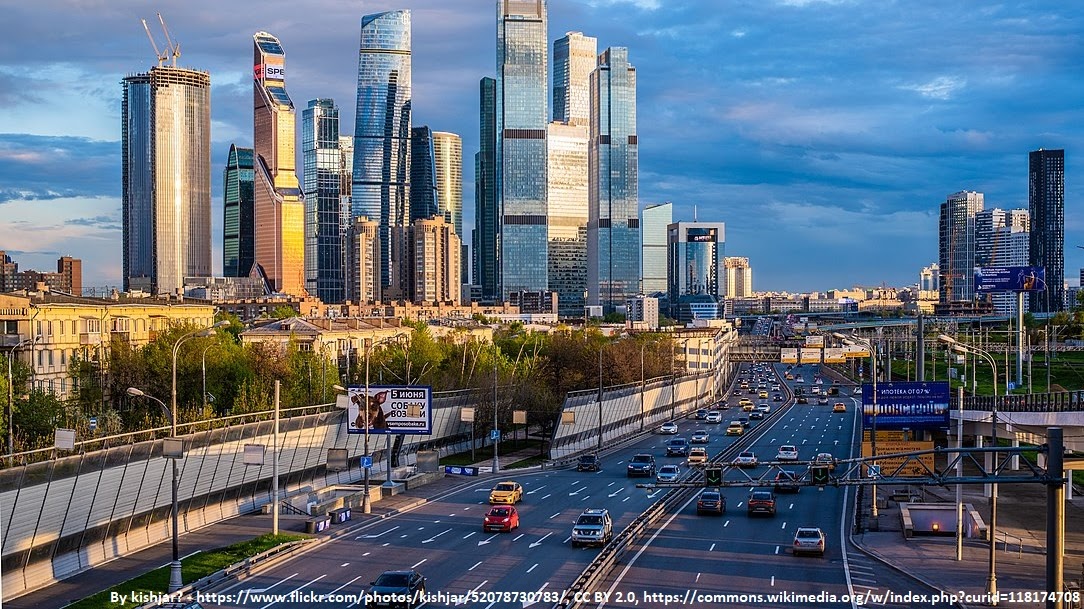
Business is as usual for 236 global companies in Russia
Eight months after Russia’s illegal invasion of Ukraine began, 236 global companies still conduct business-as-usual in Russia. Shortly after Russia began its illegal invasion of Ukraine, on 28 February 2022, the Chief Executive Leadership Institute at Yale University published a list monitoring well over 1,200 global companies and their presence in Russia. Initially a simple list of…
-
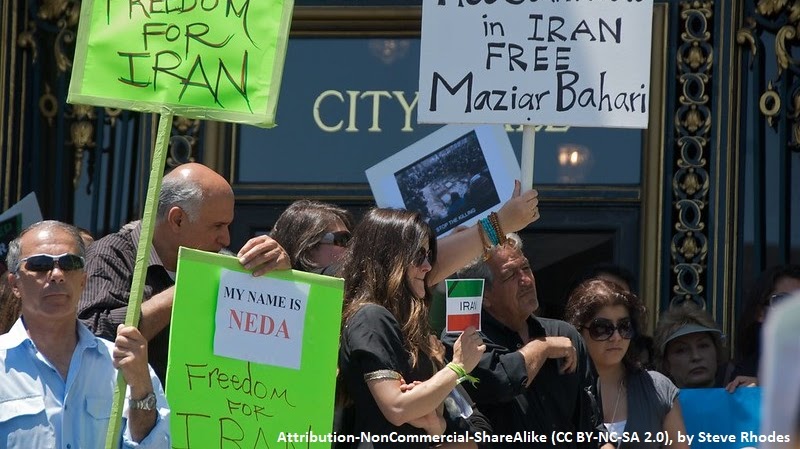
Why arresting journalists is an attack on democracy
A month after the death of Mahsa Amini, people continue to protest against the Iranian authorities. They call for democracy and for the abolishment of the moral police. Iranian authorities have answered with violence. Among the many unjust responses from the regime are the arresting of several journalists. A report from the Committee To Protect Journalists shows…
-
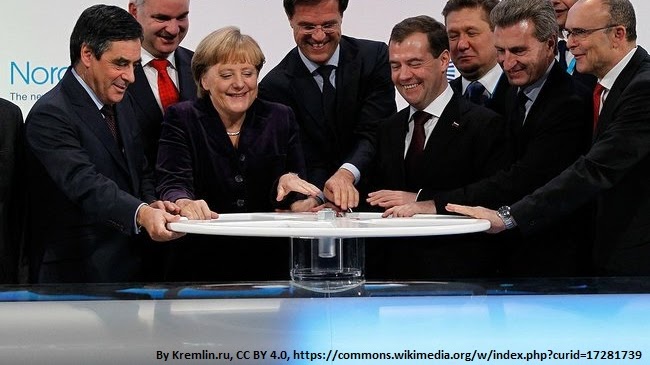
EU: Economic self-interest over democracy and international law?
Since the start of Russia’s illegal invasion of Ukraine, the European Union (EU) has paid over €63bn to Russia for fossil fuels (source). In the same period, the EU has provided Ukraine with only €1.5bn in military support, pledging only another €500 million at the end of May 2022 (source). The EU is therefore funding…

